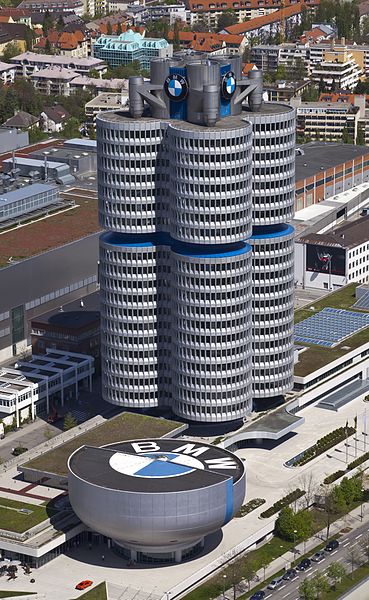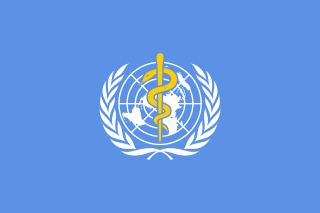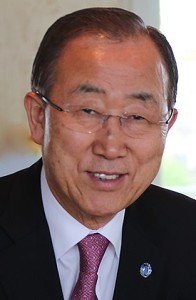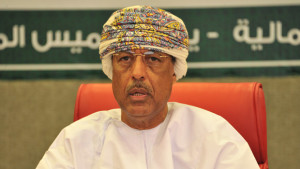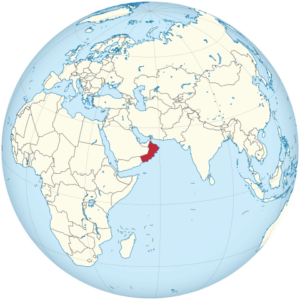
Graphic by Addicted04.
Due to a larger than expected budget deficit, the Sultanate of Oman will be cutting its budget by 5 percent, and some of those cuts are coming from some health care benefits it bestows on government employees.
Expats working in the Oman civil service will no longer be able to take advantage of free surgeries for 18 conditions, and free medications for six different illnesses. The new rules went into effect as of December 5th, and include operations for heart ailments and arthritis meds.
The decision includes both those employed full and part-time.
Other budget cuts are also under consideration as the deficit is expected to total OMR 4.4 billion during the first nine months of 2016, and no increase in revenues is expected.
Other cuts have been made in other sectors, such as employees of state organizations have experienced loss in benefits. There is also a plan to privatize several government assets. Work visa fees to Oman for expats also went up in November by 50 percent.
